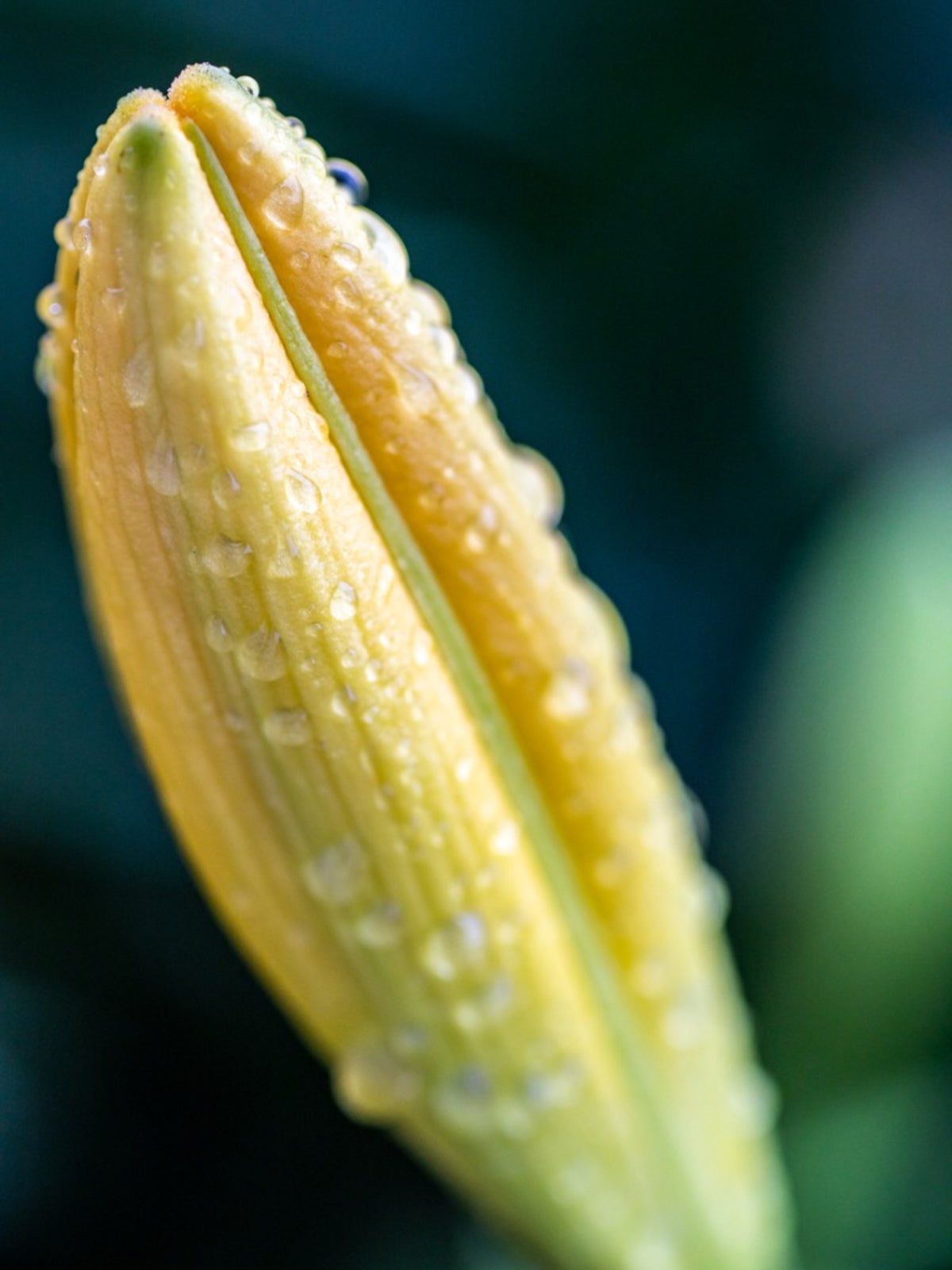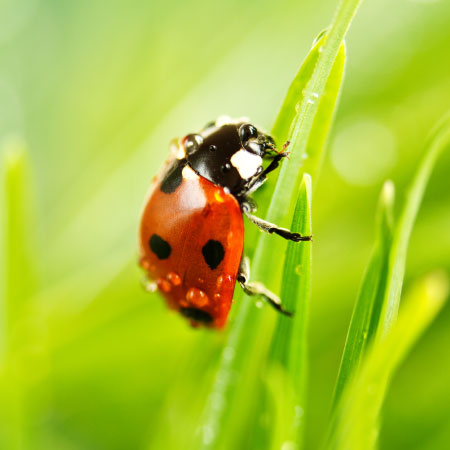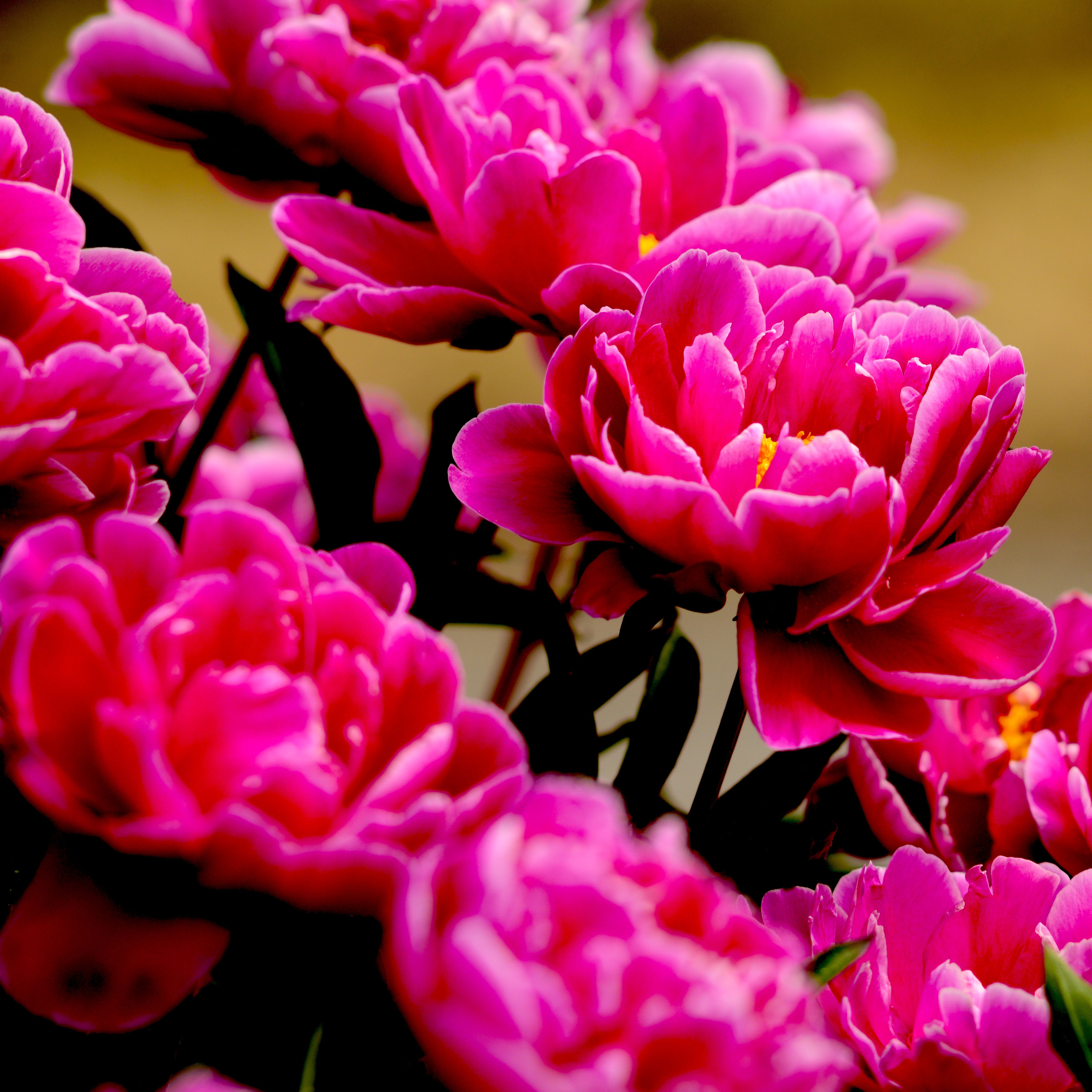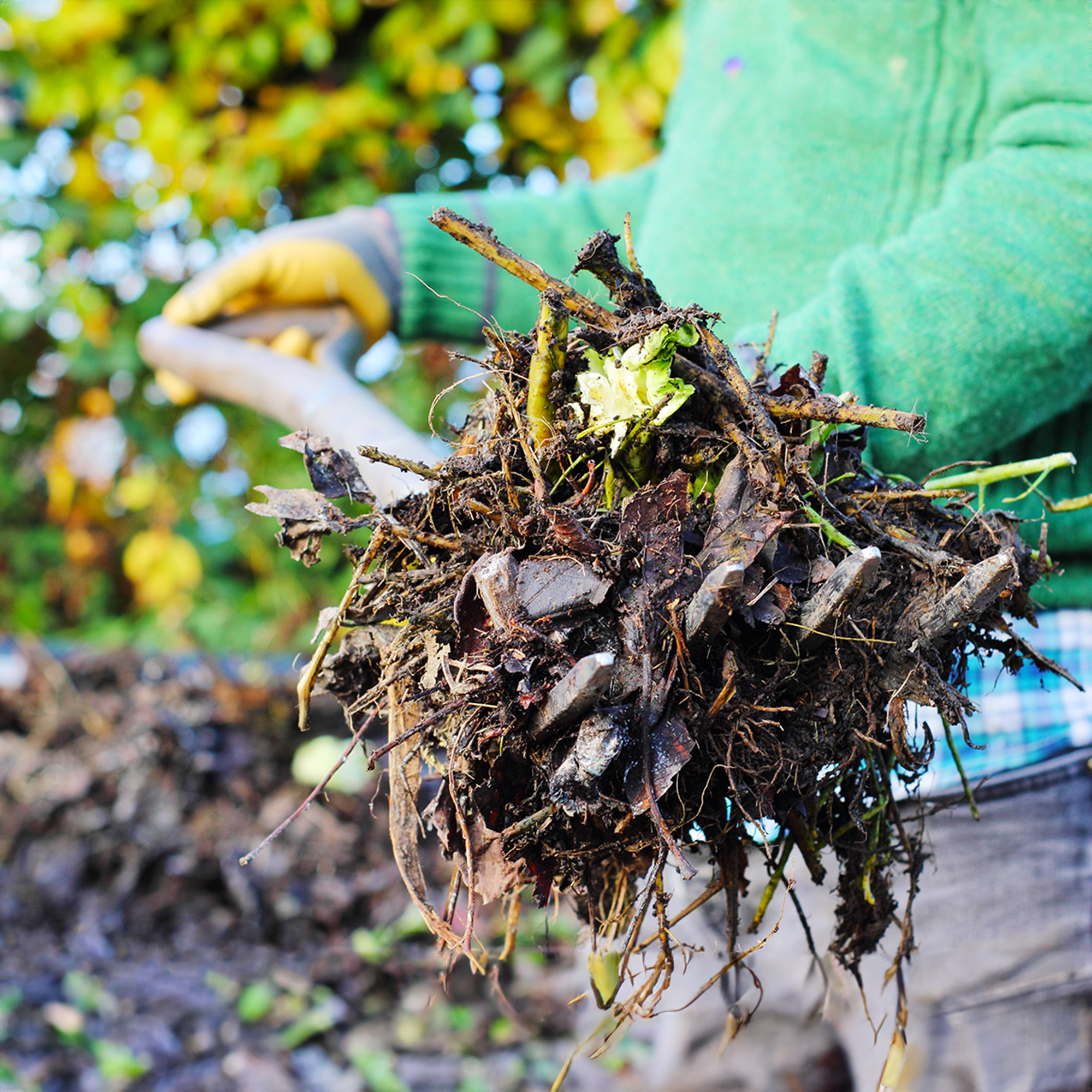Flower Bud Blast Symptoms: Treating Bud Blast In Flowering Plants


Every swelling bud in the garden is like a little promise from your plants. When these buds collapse for no reason, it may bring a gardener to tears. It may feel like all the love and care you've given your plants and the time you waited to see them finally bloom was wasted. But fear not, fellow gardener; flower bud blast may be disappointing, but it's rarely a serious condition.
What is Bud Blast?
Bud blast is a term used to describe flowers that have prematurely aborted before or soon after opening, such as with scape blasting in daylilies. Most often, flowers develop to a certain point and simply stop growing. Other bud blast symptoms may indicate the exact cause of flower bud blast. For example, flower buds that become paper-thin and dry may be suffering from botrytis blight, a common landscape fungus.
What Causes Bud Blast in Flowers?
More often than not, the cause of bud blast is a problem in the environment. This is good news, though, because treating bud blast only requires you to figure out what the problem is and fix it for good. To help with your bud blast care, the most common environmental problems are listed below, along with solutions for treating bud blast: Improper Watering - Improper watering causes a great deal of stress to many plants. Under watering may cause plants to redirect water from enlarging buds to food-producing areas in an act of self-preservation. Over watering often leads to root rot, or other fungal infections that may destroy developing flower buds. Water plants when the top two inches of the soil is dry, and add two to four inches of organic mulch to keep moisture levels more even. Temperature Extremes - Extremes in temperature can influence developing buds, especially in indoor plants. When temperatures fluctuate madly, plants get stressed and may respond by dropping all excess baggage in an attempt to survive. Flowers are costly and are often the first thing to be jettisoned, especially when temperatures are more often very cold than very warm. Moving indoor plants may correct the problem, but not much can be done for outdoor plants, although covering them with cardboard boxes on very cold nights may help. Wrong Lighting - Light has a direct effect on how well the plant can produce food and survive. Often, buds fail when high light plants are in low light settings, if they are initiated at all. At the same time, plants accustomed to low light situations may overheat in direct sun, causing buds to fail. Move these plants to more appropriate lighting conditions or provide supplementary light indoors. Too Little Humidity - Insufficient humidity can interfere with proper bud formation, especially in tender indoor plants like orchids. Too dry of conditions or humidity that fluctuates considerably will lead to buds that drop. If your indoor plants are experiencing this problem, you can place them on top of some rocks in the center of a pan filled with water to increase the humidity in their immediate area. Young Plants - Younger plants often lack the root structure to support blooms, though they may try to set them regardless, leading to aborted blossoms. If your plant has been recently transplanted or the one with problems is a perennial you divided in the last season, pick any blooms off to allow the root system to expand before permitting it to bloom.
Gardening tips, videos, info and more delivered right to your inbox!
Sign up for the Gardening Know How newsletter today and receive a free copy of our e-book "How to Grow Delicious Tomatoes".

Kristi Waterworth was a regular contributor to Gardening Know How for many years, answering countless queries on plant pests and diseases.
-
 Grow ‘Karl Rosenfield’ Peony Plants For The Ultimate Frilly Border Beauties And Cut Flowers
Grow ‘Karl Rosenfield’ Peony Plants For The Ultimate Frilly Border Beauties And Cut FlowersFor frilly double magenta peony petals infused with a heady fragrance, grow ‘Karl Rosenfield’ peony plants. Here’s how to cultivate the ultimate plushy blooms
By Tonya Barnett
-
 10 Common Composting Problems That Can Spoil Your Garden Gold – Plus Easy Fixes
10 Common Composting Problems That Can Spoil Your Garden Gold – Plus Easy FixesLearn how to troubleshoot common composting issues before they ruin your stash – from bad smells and bugs to materials not breaking down as they should.
By Susan Albert